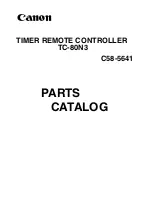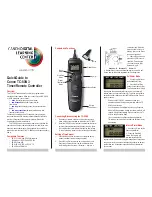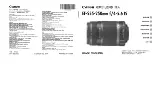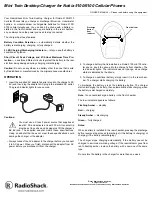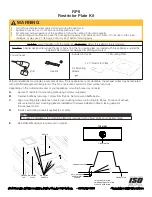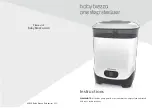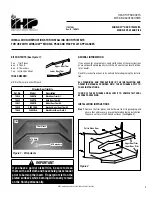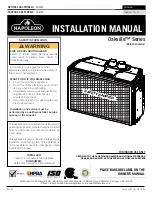
Solving Problems 5-5
Battery Precautions
To prevent accidental battery ignition, rupture, or explosion, adhere to the
following precautions.
!
WARNING
There is a danger of explosion if the battery is incorrectly replaced.
Replace only with the same or equivalent type. Discard used batter-
ies according to the manufacturer’s instructions. (See the Battery
Disposal page at the end of this guide.)
Keep the battery away from heat sources including direct sun-
light, open fires, microwave ovens, and high-voltage containers.
Temperatures over 60
o
C (140
o
F) may cause damage.
Do not drop or impact the battery.
Do not disassemble the battery.
Do not solder the battery.
Do not puncture the battery.
Do not use a battery that appears damaged or deformed, has
any rust on its casing, is discolored, overheats, or emits a foul
odor.
Keep the battery dry and away from water.
Keep metal objects away from battery terminals. Metal objects in
contact with the terminals can cause a short circuit and damage.
If the battery leaks onto skin or clothing, wash the area immedi-
ately. Battery fluid can cause a skin rash and damage fabric.
If battery fluid gets in eyes, DO NOT rub; rinse with clear water
immediately and see a doctor.
Battery Disposal
Before disposing of the battery, put adhesive tape on the terminals. The
battery is made of Lithium.
Contact your local waste management officials for information regarding
environmentally sound collection, recycling, and disposal of batteries.

































